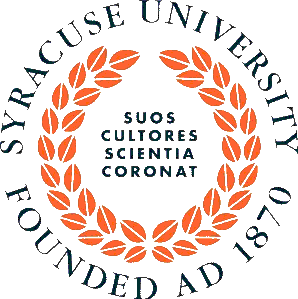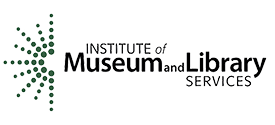Factors That Influence Creativity and Innovation
Martins and Terblanche (2003) sought to identify factors in an organizational culture that influence the stimulation of creativity and innovation. They found these five determinants:
1. structure (promotion of autonomy, flexibility, and collaboration as opposed to rigidity, control, and predictability),
2. an innovative overall strategy (e.g., as part of the school's or library's vision),
3. support mechanisms (e.g., recognition, availability of resources such as time, information, technology, and other creative people),
4. behavior that encourages innovation (e.g., generation of new ideas, tolerance for mistakes, innovation mentoring), and
5. open communication (transparent, based on trust).
Think about how these might align with your ideas about what factors contribute to a successful mentoring relationship.
Dr. Tony Wagner, "Expert in Residence" at Harvard University's Innovation Lab, found that young innovators, from both affluent and high needs schools, need mentors to encourage their passions (2012).
Dr. Lois Zachary, internationally recognized expert on mentoring and director of the Center for Mentoring Excellence, describes successful mentoring as "a learning partnership, where "mentor and mentee work together to achieve specific, mutually defined goals that focus on developing the mentee's skills, abilities, knowledge, and thinking" (Zachary, 2012, p. 3).
School librarians have the flexibility and the expertise to serve as such mentors, supporting young innovators, particularly those without adult mentors in their schools or at home, and helping them build their confidence and competence for asking questions, taking risks, pursue their ideas, and exploring their world. Young innovators must learn that failure provides a learning experience and can be used to pursue new ideas.
The Innovation Destination
The Innovation Destination was designed and evaluated by a team from the Center for Digital Literacy at the School of Information Studies, Syracuse University and developed by Data Momentum Inc, in partnership with the Connecticut Invention Convention, By Kids for Kids, New York On Tech, and over 70 school librarians and young innovators.
This site has been serving the youth invention community from 2015 - present.




